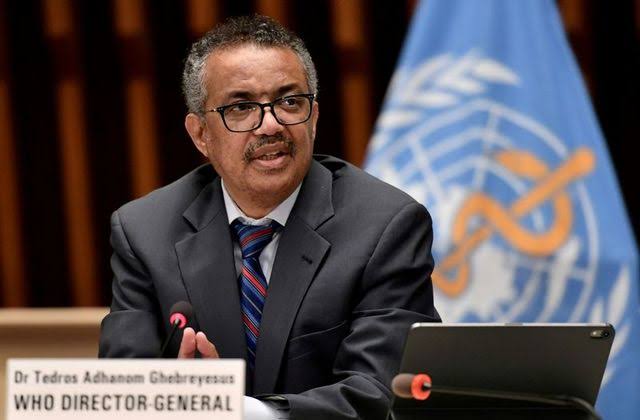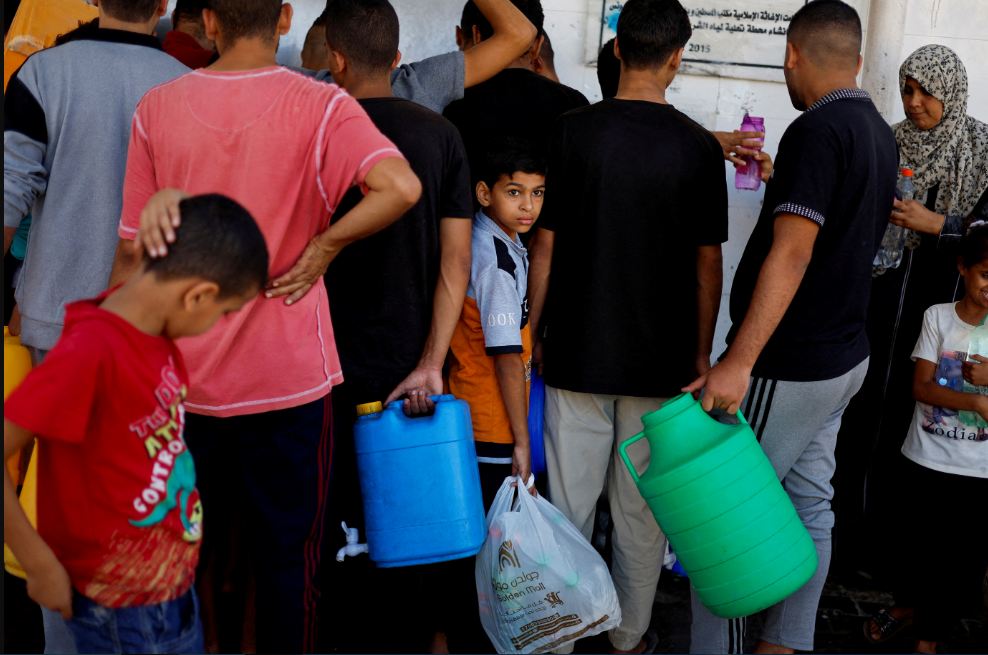WHO warns against pandemic complacency amid vaccine rollout
Geneva (Reuters) – Recent progress on COVID-19 vaccines is positive but the World Health Organization is concerned this has led to a growing perception that the pandemic has come to an end, WHO Director-General Tedros Adhanom Ghebreyesus said on Friday.
Britain approved Pfizer Inc’s COVID-19 vaccine on Wednesday, raising hopes that the tide could soon turn against a virus that has killed nearly 1.5 million people globally, hammered the world economy and upended normal life for billions.
“Progress on vaccines gives us all a lift and we can now start to see the light at the end of the tunnel. However, WHO is concerned that there is a growing perception that the COVID-19 pandemic is over,” he said.
Tedros said the pandemic still had a long way to run and that decisions made by citizens and governments would determine its course in the short run and when the pandemic would ultimately end.
“We know it’s been a hard year and people are tired, but in hospitals that are running at or over capacity it’s the hardest it can possibly be,” he said.
“The truth is that at present, many places are witnessing very high transmission of the COVID-19 virus, which is putting enormous pressure on hospitals, intensive care units and health workers.”
The virus emerged in Wuhan, China, a year ago since when more than 65 million people have been reported to be infected by the novel coronavirus globally and 1.5 million have died.
Two promising vaccines could soon receive emergency use authorization from the U.S. Food and Drug Administration, and some 20 million Americans could be vaccinated this year, helping stem the tide of the virus in the world’s worst hit country.
However, the WHO’s top emergency expert Mike Ryan also cautioned on Friday against complacency in the wake of vaccine roll-out, saying that although they were a major part of the battle against COVID-19, vaccines would not on their own end the pandemic.
“Vaccines do not equal zero COVID,” he said.
Ryan said some countries would have to sustain very strong control measures for some time into the future or they would risk a “blow up” in cases, and a yo-yoing of the pandemic.
“We are in a pivotal moment in some countries. There are health systems in some countries at the point of collapse,” he said, without referring to specific countries.


